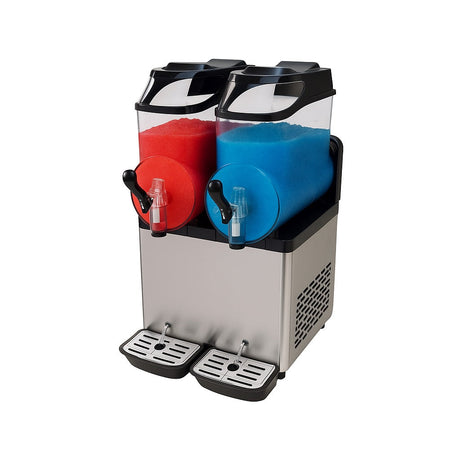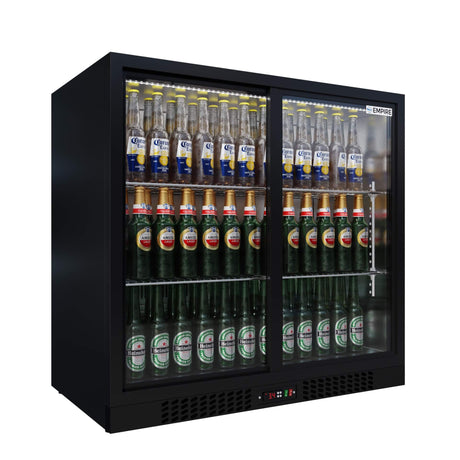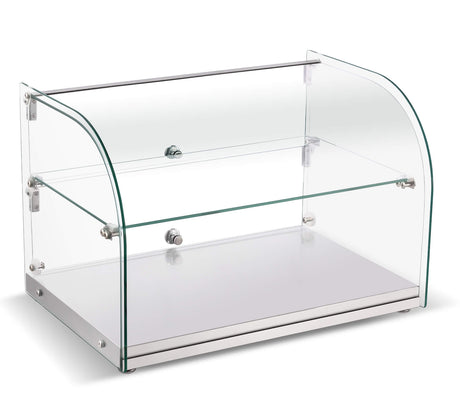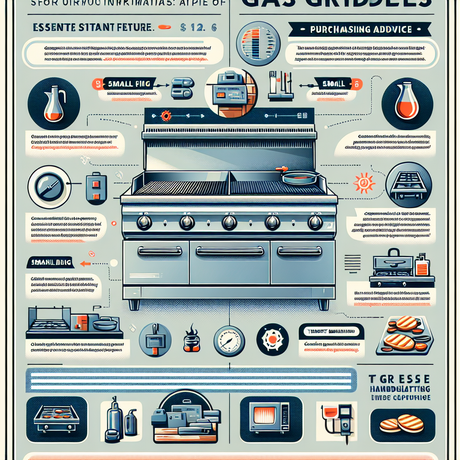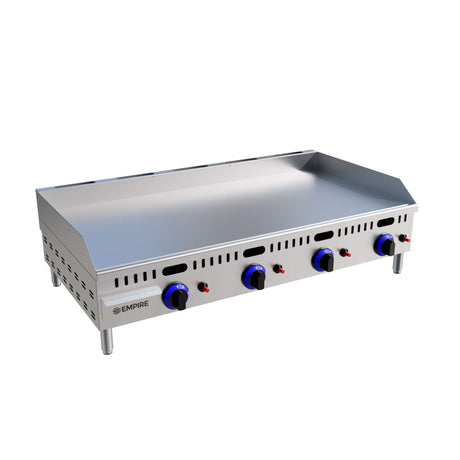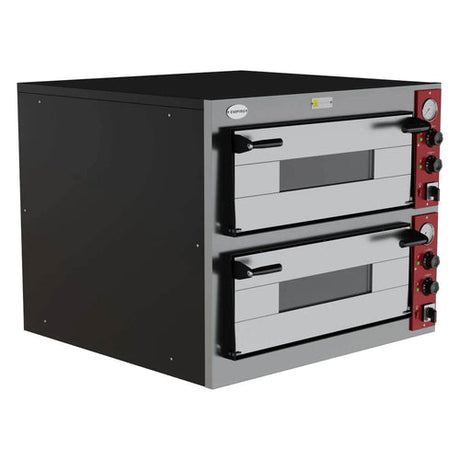Commercial Microwaves Buying Guide
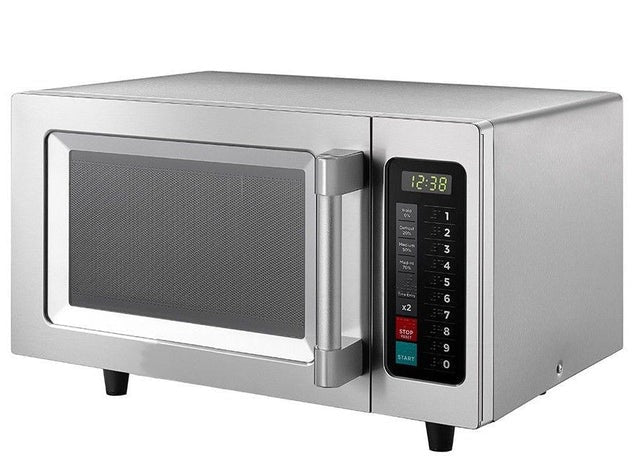
Emma Walker |
Countertop microwaves: These microwaves are small and portable, and can be placed on a counter or other flat surface. They are suitable for smaller businesses or those with limited space.
Over-the-range microwaves: These microwaves are designed to be installed above a range or cooktop and have a built-in exhaust fan. They are a good choice for businesses that need to save counter space.
Built-in microwaves: These microwaves are designed to be installed into a wall or cabinet, and are often used in high-end commercial kitchens.
Convection microwaves: These microwaves have a built-in fan and heating element, allowing them to function as both a microwave and a convection oven. They are more expensive than standard microwaves, but can be used for a wider range of cooking tasks.
Industrial microwaves: These microwaves are designed for heavy-duty commercial use and can handle large volumes of food. They are typically more powerful and durable than other types of microwaves.
When choosing a commercial microwave for your business, there are several factors you should consider:
Power: Make sure the microwave has sufficient power for your needs. If you will be cooking or reheating large or dense items, you will need a higher wattage microwave.
Capacity: Consider the size and capacity of the microwave. You will want one that is large enough to meet your needs, but not so large that it takes up too much space in your kitchen.
Features: Look for a microwave with features that will be useful in your business, such as a programmable keypad or timer, multiple power levels, and a turntable to ensure even cooking.
Durability: Choose a microwave that is built to withstand frequent use in a commercial setting. Look for one with a heavy-duty exterior and a stainless steel interior for easy cleaning.
Warranty: Check the manufacturer's warranty to ensure you are getting a good deal. A longer warranty may be worth the extra cost, especially if you will be using the microwave heavily.
Price: Determine your budget and compare prices from different manufacturers to find the best value.
Brand reputation: Research the reputation of different brands and read reviews from other users to get a sense of the reliability and performance of different models.


